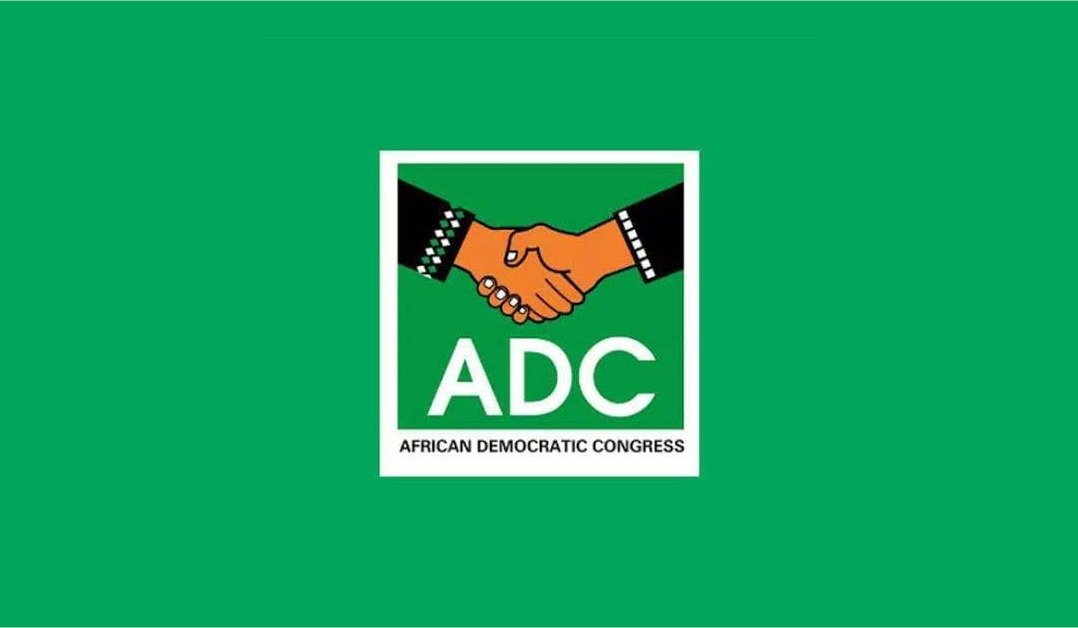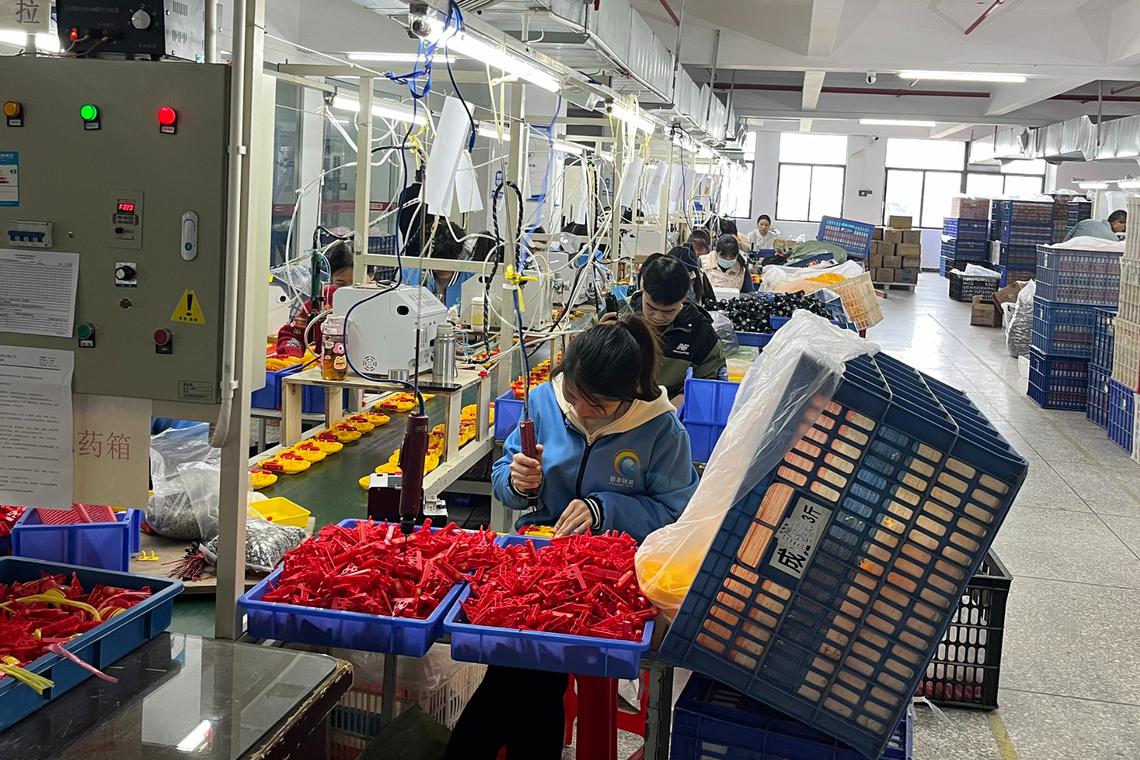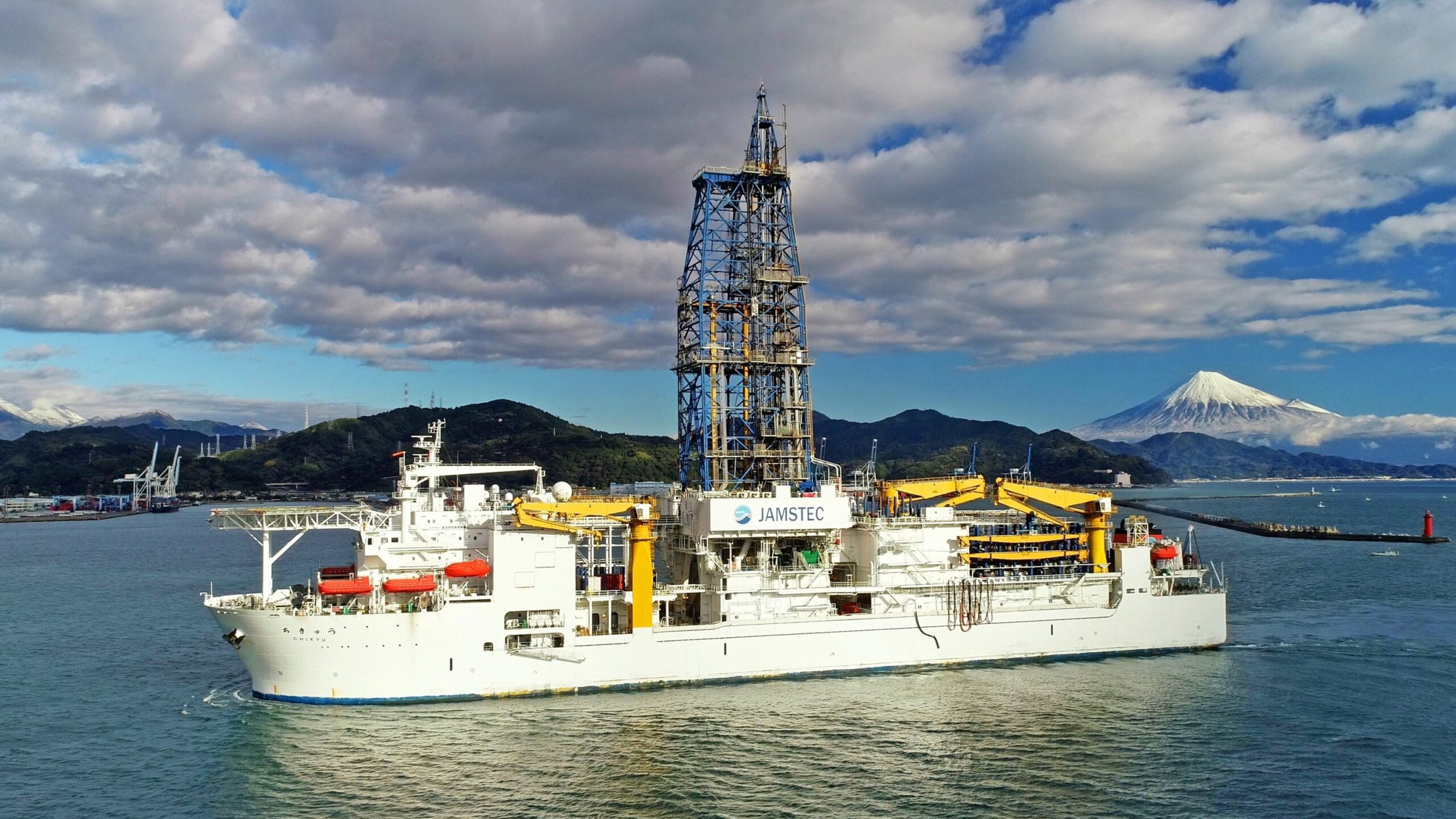Asia’s manufacturing sector experienced a slowdown in May as weak demand from China and the ongoing impact of U.S. tariffs—particularly on automobiles—continued to weigh on export-driven economies, according to new data released Monday.
A survey conducted by S&P Global and obtained by Reuters showed that Japan and South Korea—two of the region’s largest economies—remained in contraction territory, while India’s factory growth also decelerated.
Japan’s final au Jibun Bank Manufacturing Purchasing Managers’ Index (PMI) came in at 49.4 for May, a slight improvement from April but still below the 50.0 threshold that separates growth from contraction. This marked 11 consecutive months of shrinking factory activity for the world’s third-largest economy.
Similarly, South Korea’s PMI registered 47.7, extending its contractionary streak to four months as global trade tensions, sluggish demand, and U.S. tariff policies continued to suppress industrial output.
Both Japan and South Korea reported economic contractions in the first quarter of 2025, largely attributed to the ripple effects of U.S. trade measures and subdued global demand, particularly from China.
Meanwhile, India, Asia’s third-largest economy, saw its manufacturing growth slip to a three-month low in May. The slowdown was linked to easing demand, rising input costs, and geopolitical uncertainty in key trade corridors.
Tariffs Cloud Trade Outlook
The manufacturing malaise follows mounting concerns over U.S. President Donald Trump’s tariff regime, especially those targeting automobile exports—a critical sector for Japan and South Korea.
Despite a modest uptick in the Dow Jones and a stagnant S&P 500, there are few indicators of imminent recovery in global industrial sentiment.
In a bid to ease tensions, Japan and the United States agreed on Friday to resume trade talks ahead of the G7 Summit scheduled for later this month. However, Japan’s chief trade negotiator reiterated that no deal would be possible unless all U.S. tariffs—including those on autos—were addressed.
On its part, China dismissed suggestions that it was avoiding dialogue, asserting it had maintained open lines of communication with Washington on trade issues.
The latest PMI readings underline the fragile state of Asia’s manufacturing base amid an increasingly complex global trade environment, with analysts warning that persistent uncertainties may continue to suppress business confidence and investment in the coming months.











